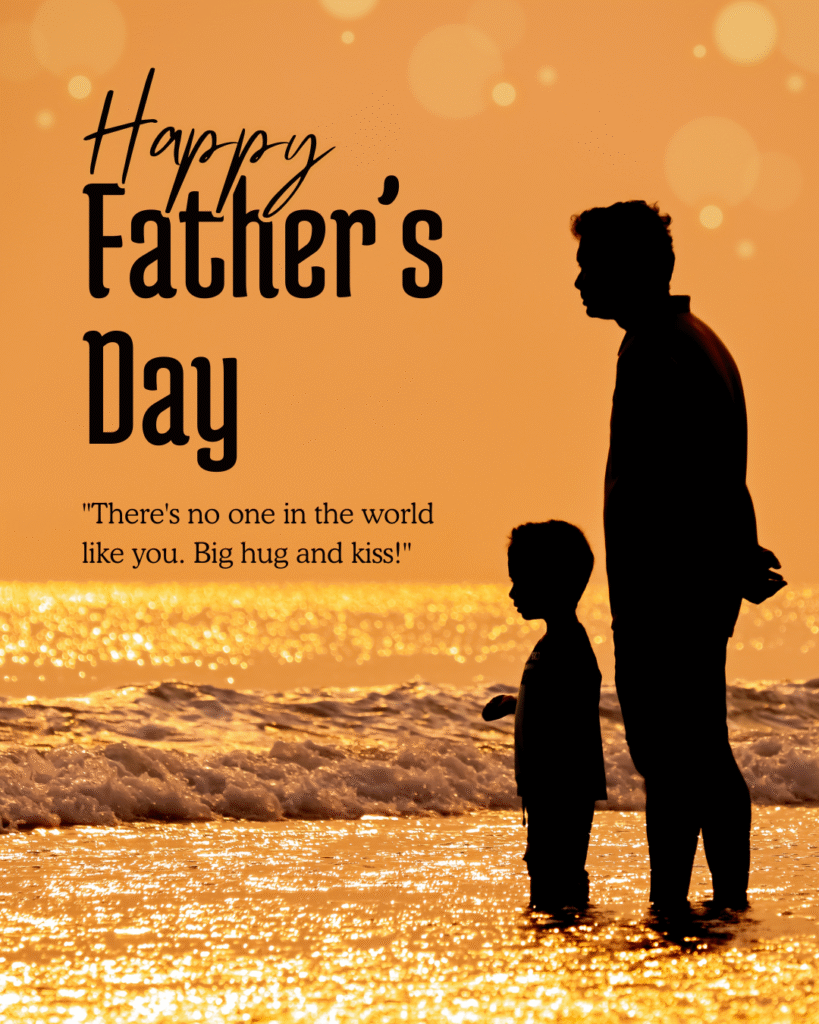1 child’s disrespect
It is said that a child’s disrespect toward their father does not mean a parent is no longer important or respectable; rather, it can signify a breakdown in the parent-child relationship, potentially leading to a loss of trust and hurt feelings. Disrespectful behavior can stem from various factors, including a lack of connection, a need for attention, or observing disrespectful behavior in peers.Disrespectful behavior of the son is also due to the surroundings or friend circle around him.
2 Child’s responsibility
While the child’s actions are their responsibility, it can be a sign that a parent needs to address the situation by modelling respectful behavior, maintaining consistency, and potentially seeking professional support for their child.If parents are more dependent financially that other sources, then thinking of the son’s behavior undergoes change in view of that he is paying out of his earnings.
3. Open communication
Open communication, competent family counseling, acknowledging previous hurts, and constant compassion and forgiveness are all important ways to mend a broken parent-child connection. Rebuilding trust and connection can also be facilitated by shared activities, setting up appropriate boundaries, and showing a sincere commitment to the relationship with tiny gestures like affirmations and apologies.Since healing is a process that takes work from both parties, think about how you might contribute to the situation’s dynamics and particular requirements.
4. Shortcomings
Only if they both freely own their own shortcomings, beg for forgiveness, and receive it. One cannot harbor hatred or place the blame on the other. It cannot be obtained by holding the other person accountable for decisions you made that resulted in an unsatisfactory response. Recognize that, despite our love for others, we are all sinners and hurt them. Have faith that the offense they committed was not necessarily a deliberate act of malice. Then begin there. There will still be disagreements between you. Be prepared to ignore them.
5. Story of a great children
One of my office collegue told her story that her oldest child did do this. They have not spoken to him or his wife in four years. They returned the Christmas gifts she sent to her grandson. They have blocked any and all access to them. It distressing, especially considering how close she is to her daughter’s son. She respects their wishes and look after them life long. How do she could cope with it? Well, that first year there was a lot of tears and anger on her part. She was shocked and about lost it when she got her Ramzan Eid gifts back, and she started shedding tears the whole night.She cried and screamed for about a day. Then she pulled up her big girl panties and took those unwelcome gifts down to a local day care center. Her grandchild didn’t get to play with them and she didn’t get to see his smile and have fun. she got to see some kids smile and play and have fun with them. As for talking bad about her son and his wife? Nope she will not do it, nor will she allow anyone else to talk trash about them in her presence. Whatever their reasons they feel this is best. She further added that whenever she look at the children of her neighbour, she feels that all parents should have such children, respecting their parent.
6. Absence of contact
First, determine whether the problem is the absence of contact. The parents must examine themselves critically and consider the reasons behind this incident. Most likely, there were numerous warning indicators. The decision to stop communication is not made lightly; it is a long and difficult one, and the child has to make this choice in order to safeguard their physical and emotional health. Unless there is a very significant problem, people do not want to cut off their parents or family. Are they very needy and clinging? Are they interfering and controlling? Do they have unreasonable expectations? Does the youngster continue to be undermined by a narcissist? A child may choose to avoid interaction for any of those reasons. In that scenario, the parents
7. Appreciate the children
They must learn to appreciate and learn to apologize for their previous actions. It’s a another matter entirely if the child is narcissistic; in such cases, they could be cruel and cut off communication with their parents. They want to plead with the parents to allow them to return to their life. The parents need to adjust since the narcissist won’t. Let the child go and carry on with your life without pleading for them to return. Narcissists just bring forth drama, mayhem, and suffering; nobody is valuable to them, not even family members, because they are abusive. It might not be a relationship problem if the child has relocated far for job; rather, it could be an opportunity the youngster did not want to.
8. Means of communication
There are times when quality time is more valuable than quantity. Other means of communication include phone, email, Zoom, and so on. Tell the youngster that you are there for them and that you love and support them. Don’t put them under pressure to call or visit more often. Accept the current state of the connection. Respect your child’s needs and the limits they have set. Respect the fact that the child’s requirements have changed as an adult. Then, even if your connection isn’t what you desire, you should value and cultivate it. Relationships based on distance can endure.
9. Parents outlook
The parents need to take a close look at themselves and think about what caused this situation. There were probably a lot of warning signs. The youngster must make the difficult and drawn-out decision to cease communicating in order to protect their mental and physical well-being. People don’t want to cut off their parents or family unless there is a serious issue. Are they clinging and needy? Are they controlling and meddling? Are they expecting too much? Does the child’s narcissistic behavior continue to undermine them? For any of those reasons, a youngster may decide to shun social interaction. In that case, the parents.
10. Past behavior
They need to learn to accept responsibility for their past behavior and to express regret for it. If the child is narcissistic, it’s a different story; in these situations, they may be cruel and stop talking to their parents. They wish to beg their parents to let them go back to their lives. The narcissist won’t change, so the parents must. Don’t beg the youngster to come back; instead, let them go and continue about your life. Because they are abusive, narcissists only create chaos, drama, and pain; no one, not even family members, is important to them. If the child has moved far for work, it may not be a relationship issue; rather, it may be an opportunity the child did not want to.
If you’re looking for articles about Successful life, you can explore resources on our another Website for the Article
Our articles on the subjects in details are also at “Medium”
There are other articles in details at our other website





goliath casino mobile goliath-casino.com .
plane money game https://aviator-game-predict.com .